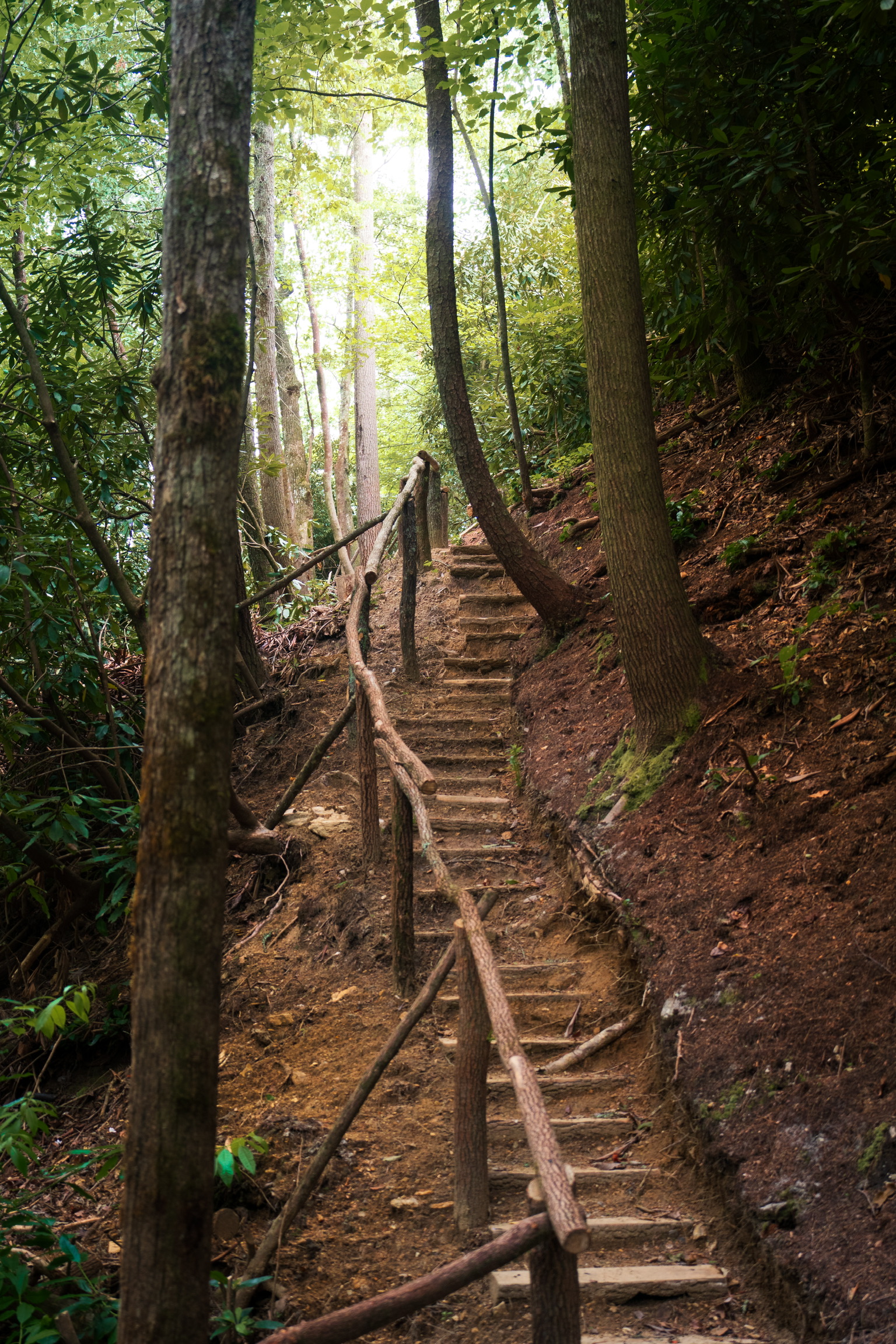Adventure Therapy: Why Outdoor Activities Boost Emotional Resilience
Jacque • January 24, 2025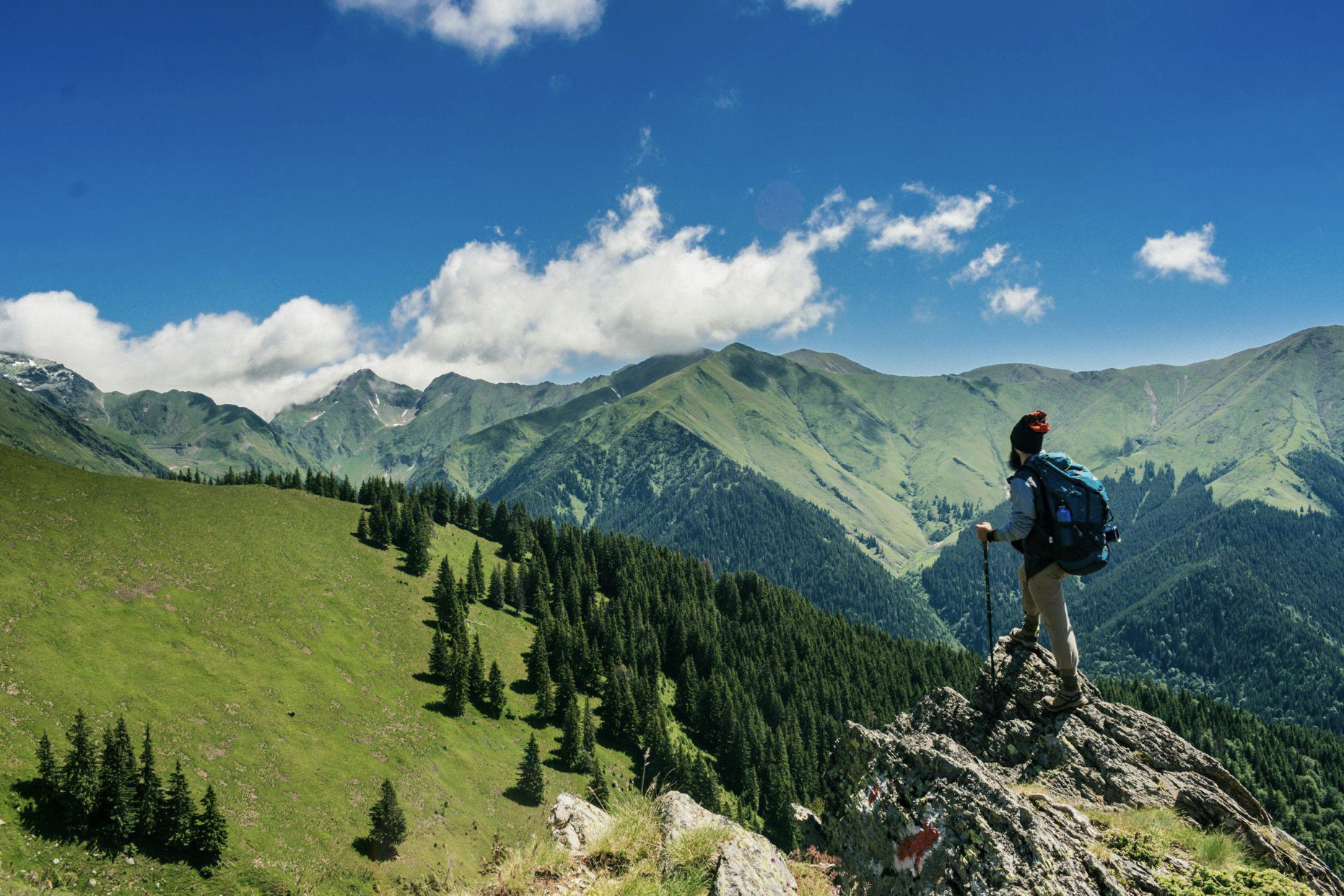
In today’s fast-paced, technology-driven world, stress, anxiety, and emotional fatigue have become all too common. While traditional therapy methods offer support, nature presents its own remarkable healing power: adventure therapy. Engaging in outdoor activities like hiking, kayaking, and climbing doesn’t just provide physical benefits—it strengthens emotional resilience, fosters mental clarity, and builds confidence.
If you’re looking for a refreshing way to boost your mental health, it’s time to step outside and explore the transformative power of adventure.
The Science of Adventure and Emotional Resilience
Adventure therapy combines physical movement with exposure to nature, tapping into both psychological and physiological benefits. Scientific studies have shown that outdoor activities:
- Reduce cortisol (stress hormone) levels.
- Increase endorphins, the body’s “feel-good” chemicals.
- Improve focus and cognitive clarity by reducing mental fatigue.
When you challenge yourself with activities like kayaking across a tranquil lake, scaling a mountain, or hiking through scenic trails, you’re not just exercising your body—you’re strengthening your mind’s ability to cope with challenges.
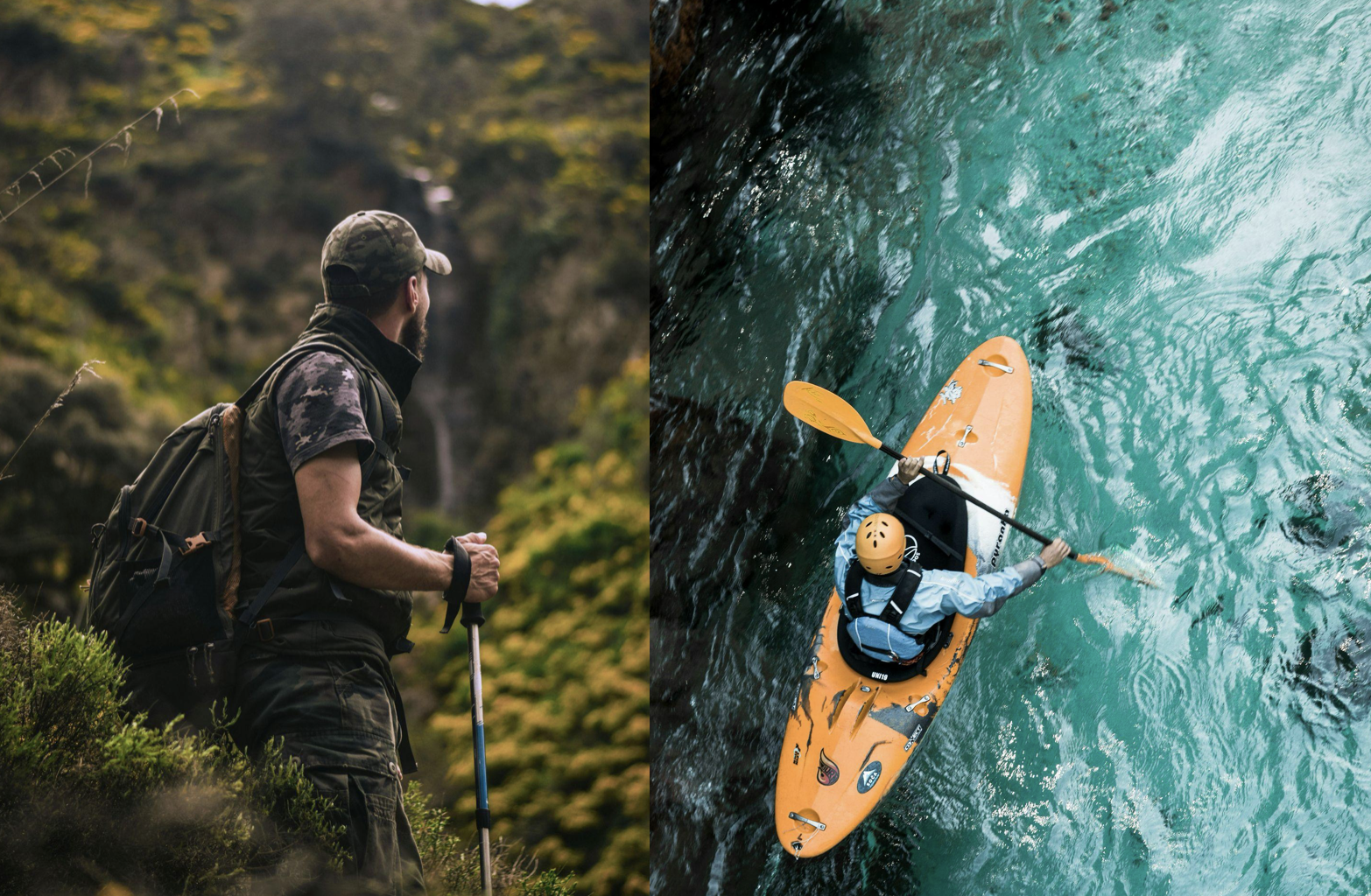
Building Confidence Through Challenge
Adventure therapy works because it places you outside your comfort zone, where growth begins. Conquering a climb, navigating unpredictable waters, or hiking a tough trail gives you an unmatched sense of accomplishment. These small victories add up, improving confidence and teaching resilience in the face of life’s uncertainties.
Example: When a beginner climber reaches a summit after hours of struggle, it instills a powerful realization: “If I can do this, what else am I capable of?”
These tangible successes act as stepping stones, helping you tackle obstacles both outdoors and in daily life.
Mental Clarity Through Nature’s Simplicity
Unlike bustling cities and screens that demand constant attention, nature offers simplicity and calm. Outdoor activities encourage mindfulness—a chance to focus on the here and now.
- Hiking: The rhythmic movement of walking through forests or up mountains clears mental clutter. The sights, sounds, and smells of nature encourage you to tune in and let go of stress.
- Kayaking: Paddling across serene waters offers a meditative experience, with the gentle sound of water lapping around you acting as a natural stress reliever.
- Climbing: Scaling a rock wall requires total focus. Each handhold and foothold demands your attention, pulling you away from intrusive thoughts or worries.
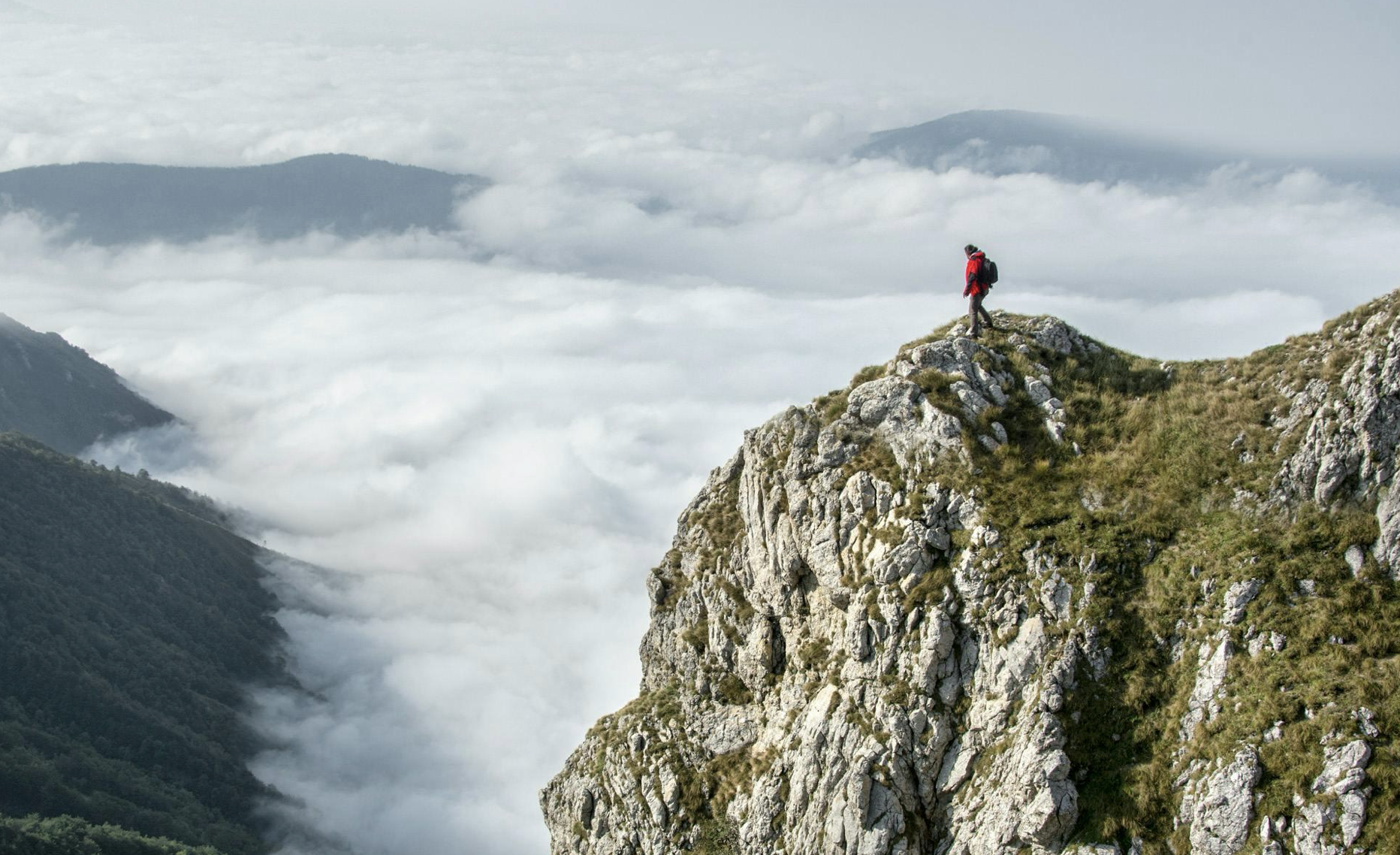
When you immerse yourself in outdoor adventures, the brain enters a “flow state”—a mental zone where time feels suspended, stress fades, and clarity emerges.
Social Connection and Emotional Support
Many outdoor activities are collaborative, fostering a sense of community and connection. Whether you’re kayaking with a partner, hiking with a group, or belaying a climbing partner, these shared experiences strengthen bonds and create emotional support systems. In a world where loneliness is increasingly common, adventure therapy builds trust, camaraderie, and connection.
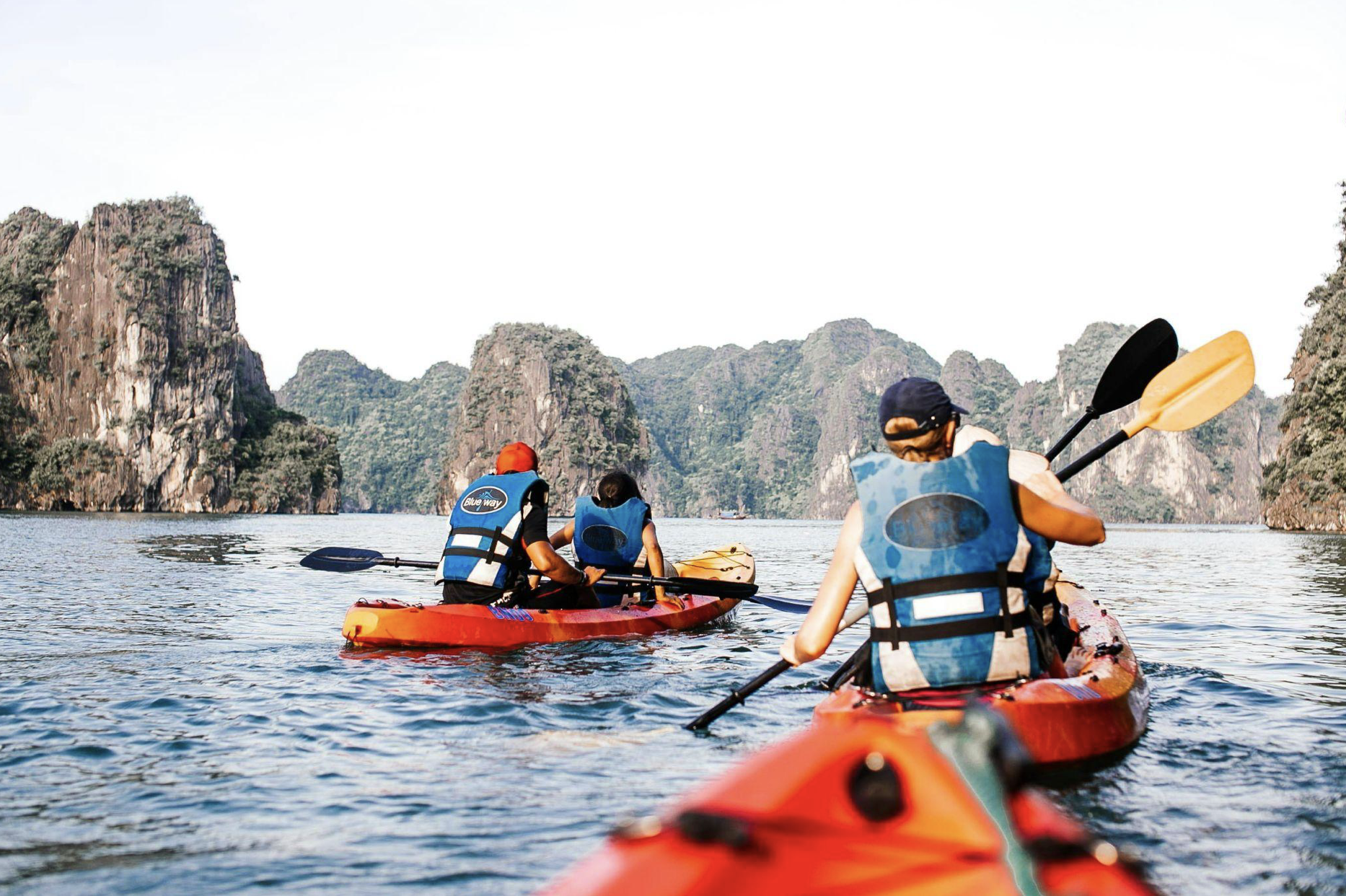
Tip: Group activities like guided hikes or team kayaking trips can be great for those hesitant to try new adventures alone.
Practical Ways to Embrace Adventure Therapy
You don’t need to be a seasoned adventurer to experience the benefits of outdoor therapy. Start small and let the process unfold:
- Take a Local Hike: Find a nearby trail and spend a few hours immersed in nature.
- Try Kayaking or Paddleboarding: Explore calm rivers or lakes—perfect for beginners looking for a peaceful challenge.
- Visit a Climbing Gym or Outdoor Climbing Site: Start with guided climbs to build skill and confidence.
- Plan Weekend Adventures: Incorporate outdoor activities into your routine to establish consistent opportunities for healing and growth.
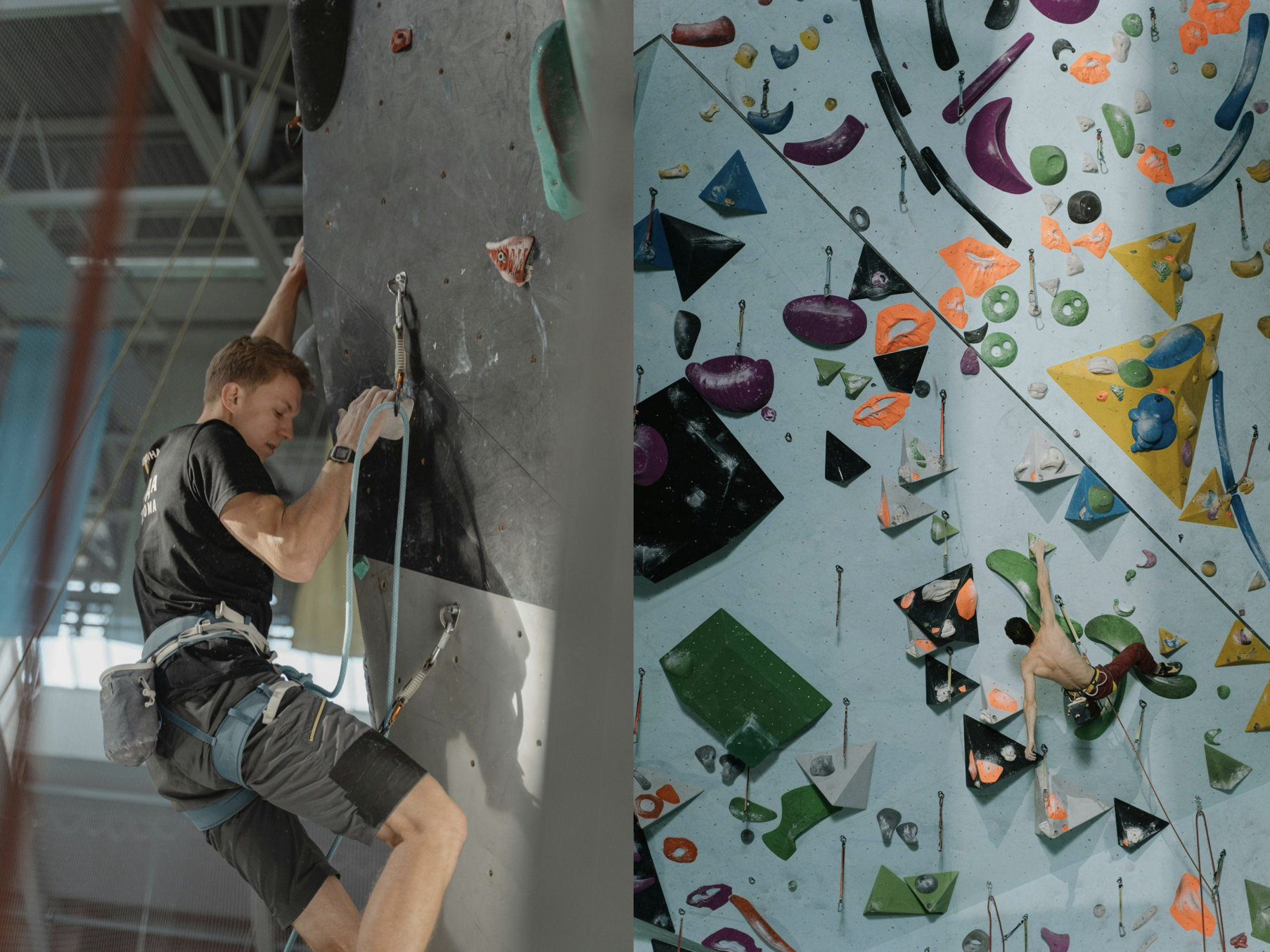
Conclusion: The Transformative Power of Outdoor Adventures
Adventure therapy isn’t just about physical activity—it’s a journey toward building emotional resilience, confidence, and mental clarity. By challenging yourself in nature, you’ll gain more than strength and stamina; you’ll rediscover a sense of peace, purpose, and the ability to face life’s challenges head-on.
So step outside, embrace the wild, and let nature guide you to a stronger, more resilient version of yourself.


